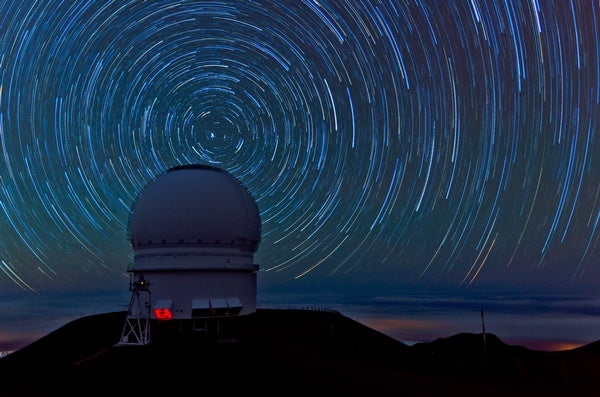 |
| August 18, 2021 |
 |
| |
| |
| |
| |
| Cosmology When Physicists Follow their Guts Fred Hoyle and George Gamow were brilliant iconoclasts who reached opposite conclusions about the expanding universe (for the record, Gamow was right) | | | | |
| |
| |
| |
| |
| |
| |
FROM THE STORE
 | | | |
| |
FROM THE ARCHIVE
 | | | |
| QUOTE OF THE DAY
 "I do believe this Decadal is existential for astronomy in the United States. When you consider the facilities and the science topics that are under discussion, it will influence whether or not we become a second-place player in global astronomy." John O'Meara, chief scientist of the W. M. Keck Observatory | |
LATEST ISSUES
 |
| |
| Questions? Comments?  | |
| Download the Scientific American App |
| |
| |



